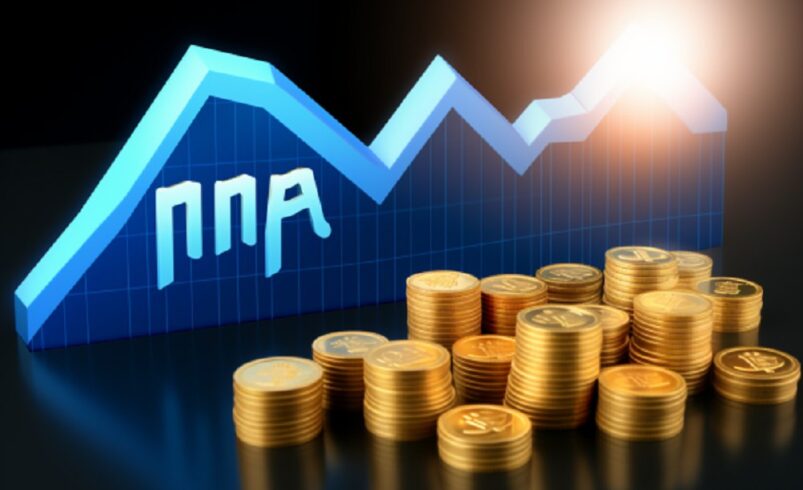PYUSD Official Report Released Amid Decline In Stablecoin Market

Latest report from PayPal says they have unveiled a transparency report for its PYUSD stablecoin as the market’s overall value continues to decline. The paper sheds light on the makeup of PYUSD’s reserves, emphasizes the value of transparency in the stablecoin industry, and offers insights into the backing and reserves of PYUSD.
While PYUSD was backed by little over $1.5 million in cash deposits, most of its reserves, $43.8 million, were held in reverse repurchase agreements secured by the United States Treasury securities. This reserve mix aligns with the conventional backing process used by many stablecoins, which involves collateralizing assets to sustain stability and the peg to a fiat currency.
Further investigation into Maxine’s arguments reveals that PayPal launched the PYUSD while registering in the state of New York. This is compared to Paxos, which operates under the regulatory watch of the New York Department of Financial Services.
Value Of Stablecoin Reduced By $188 Billion, Data Reveals
According to data from CoinGecko, the total value of stablecoins has decreased from roughly $188 billion in May to $131 billion at the time of the report. This decline is linked to shifting market conditions, investor sentiment, and regulatory developments. Comments have started flooding in on the reason behind the negative market behavior.
Owotunse Adebayo from the Cryptopolitan news platform explained that the stablecoin industry has had its fair share of difficulties and disputes. He cited that when Silicon Valley Bank failed in March, USDC briefly lost its $1 peg, raising questions about the durability and support of stablecoins.
Data also revealed that HTX owned most of PYUSD’s trading volume, accounting for $740,000 on all three major trading pairs. Data also showed that the PYUSD trading volume on the Kraken and Coinbase exchanges accounted for $87,000 and $86,000 in total trading, respectively. PayPal claims that PYUSD was mostly traded on web-based platforms. They have also assured users that the stablecoin will be more stable on that platform from now on.
PaEyPal Gives Reason For Publishing PYUSD Transparency Report, Gives Statistics
While speaking on the reason for releasing the report, PayPal management said, “To provide openness and accountability for its stablecoin users, PayPal has decided to publish a transparency report for PYUSD.” Adebayo further advised that the market participants, including issuers, regulators, and users, are anticipated to place a greater premium on transparency, auditing, and regulatory compliance.
He added that these steps are necessary to guarantee the safety and dependability of stablecoins because they continue to be a crucial component of the world’s financial system. In one of their sessions, Congressman Maxine Waters (D-CA) argued that PayPal ought to have waited for the right federal framework and necessary legislation before introducing the PYUSD.
Data from CoinGecko has shown that market capitalization for USDT and USDC collectively accounted for 90%, with USDT accounting for $26 billion and USDT accounting for $83 billion, respectively. However, the market capitalization and PYUSD accounted for a small portion of the data.
A report from Kaiko has reported that there has been a global war against stablecoin, especially in the cross-border remittance and payments system, and it has contributed significantly to the decline in the stablecoin market. PayPal’s report also showed that 26% of trade on Binance and Coinbase exchanges does not involve stablecoin.
DISCLAIMER: It's crucial we tell you that the content on this page is not meant to serve as, nor should it be construed as, advice in legal, tax, investment, financial, or any other professional context. You should only invest an amount that you are prepared to lose, and it's advisable to consult with an independent financial expert if you're uncertain. To obtain more information, we recommend examining the terms of service and exploring the assistance and support resources provided by the issuing or advertising entity. Our platform is dedicated to delivering accurate and unbiased reporting, but it's important to note that market circumstances can change rapidly. Also, be informed that some, though not all, articles on our site may be sponsored or paid content.













